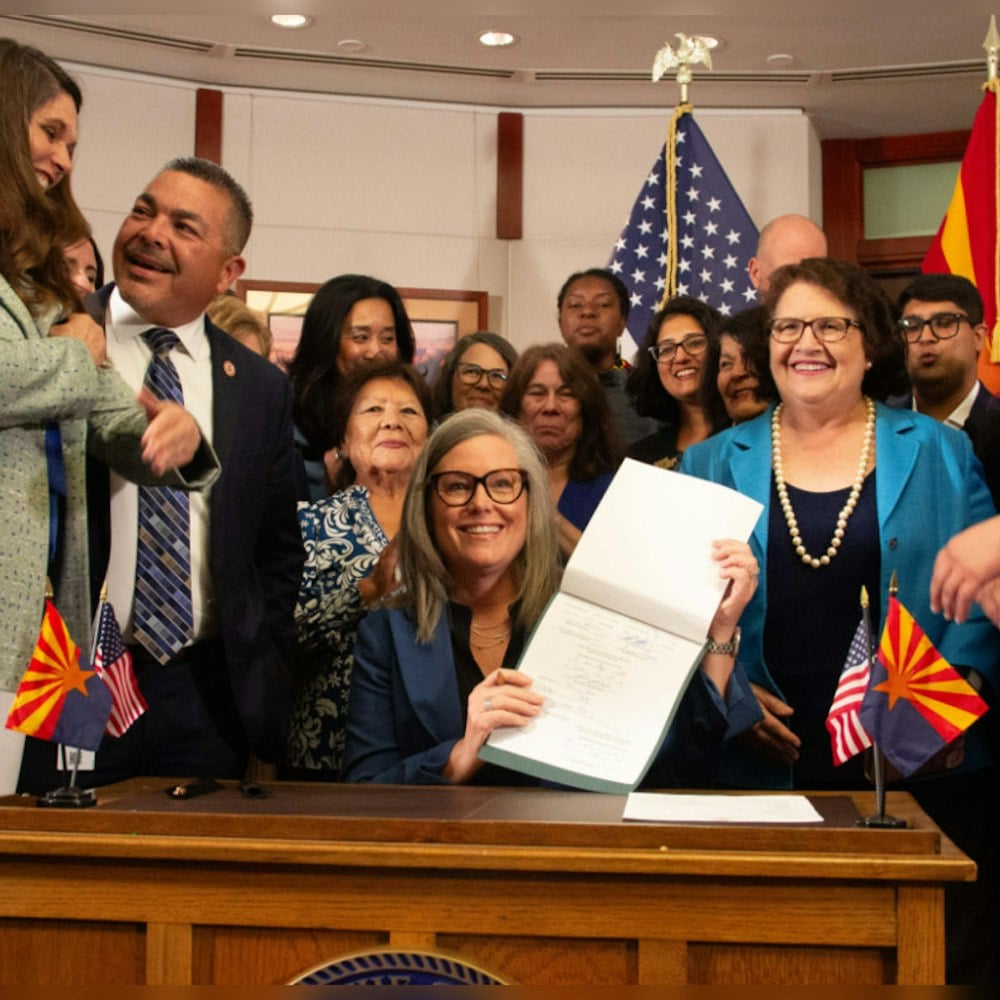
In a decisive step, the Arizona House has voted to repeal a law dating back to the Civil War era, which largely prohibited abortions and criminalized medical professionals for performing them. The shocking 1864 ban, seen by many as an archaic remnant, has generated significant controversy in light of more recent discussions on women's reproductive rights.
Attorney General Mayes welcomed the House's decision with open arms, calling it a victory for common sense. "I am grateful that sanity prevailed in the Arizona House today with the repeal of the draconian, near-total 1864 abortion ban," Mayes declared in a statement provided to the press. A 160-year-old-law that once dictated terms over the bodies and choices of women, has, for now, been laid to rest by the legislative body. Yet the Attorney General also notes an urgency for a similar decision in the Senate, to definitively close this chapter of restrictive governance.
While the House's action is a significant leap forward, Mayes expressed concern over the law's potential lingering effects. The repeal lacks an emergency clause that would ensure the ban is lifted immediately. Therefore, theoretically, the pre-Civil War statute could come into play if the Senate does not act swiftly. Mayes assured the public that his office is vigorously exploring "every legal option available" to ensure that the outdated regulation does not resurface.
The old abortion ban, known for its harsh penalties against healthcare providers, has loomed over Arizona's legislative landscape, presenting a dichotomy between historical precedent and contemporary social values. Its repeal in the House represents a response to the clamor for reproductive justice—an acknowledgment that laws conceived in a distant era must ultimately yield to the evolving demands of the present. The ball now lies in the court of the Senate to follow through and consign the regressive statute to history once and for all.









